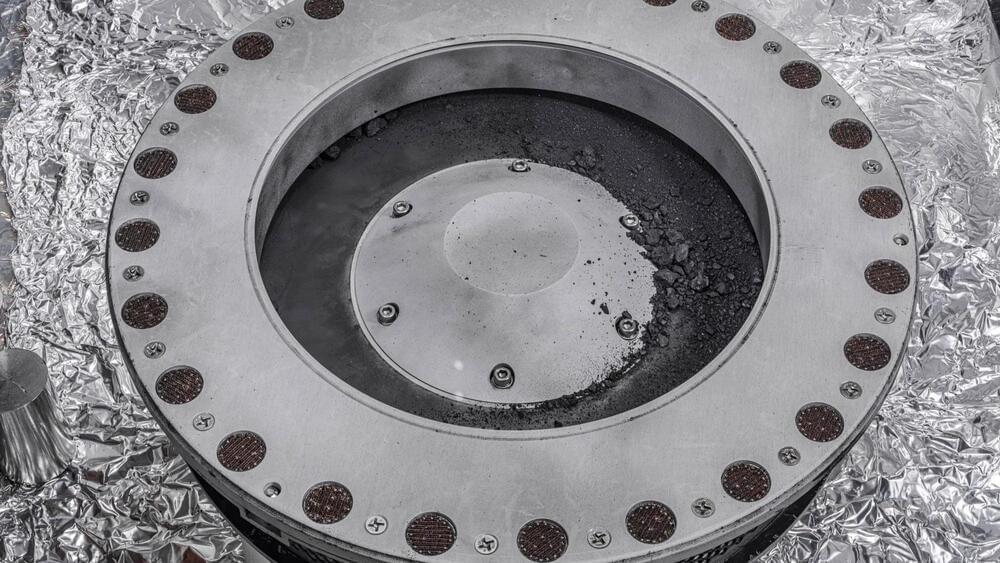The powdery material that NASA officials unveiled on Wednesday looked like asphalt or charcoal, but was easily worth more than its weight in diamonds. The fragments were from a world all their own—pieces of the asteroid Bennu, collected and returned to Earth for analysis by the OSIRIS-REx mission. The samples hold chemical clues to the formation of our solar system and the origin of life-supporting water on our planet.
The clay and minerals from the 4.5 billion-year-old rock had been preserved in space’s deep freeze since the dawn of the solar system. Last month, after a seven-year-long space mission, they parachuted to a desert in Utah, where they were whisked away by helicopter.
And now those pristine materials sit in an airtight vessel in a clean room at NASA’s Johnson Space Center, where researchers like University of Arizona planetary scientist Dante Lauretta are getting their first chance to study the sample up close.









Comments are closed.